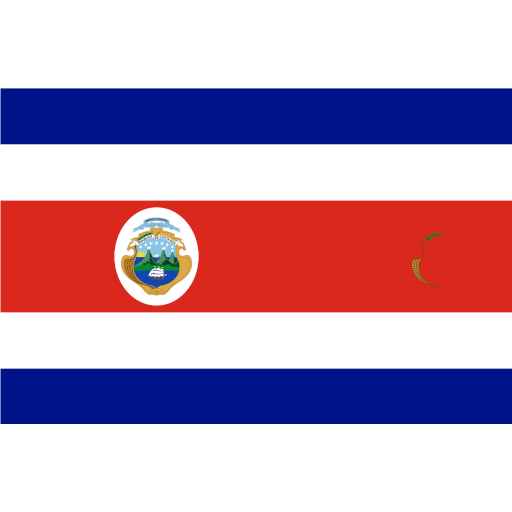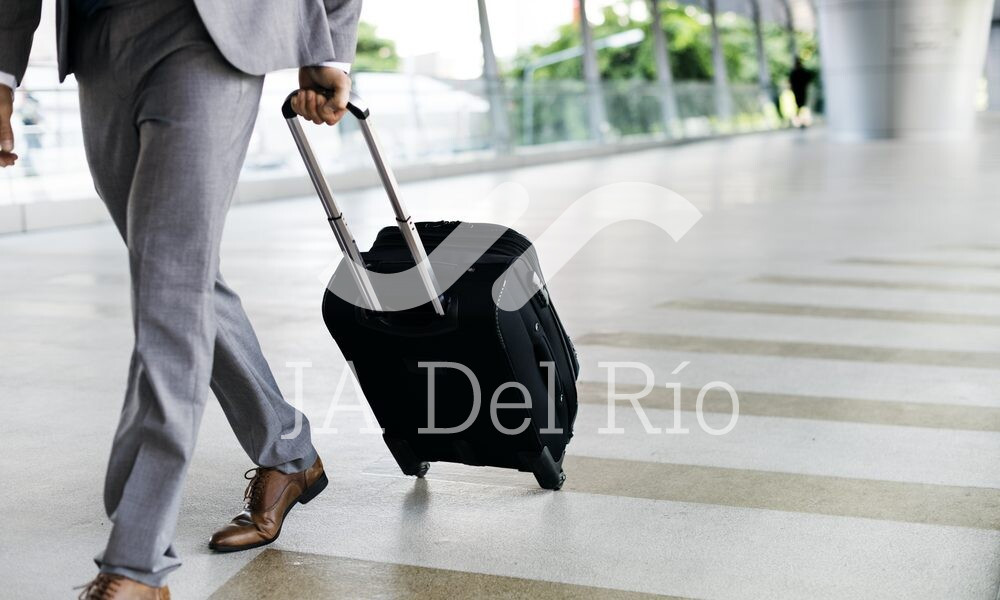Travel allowances, a concept defined as: “a contribution in kind or of money of that which is necessary for the sustenance of the person who makes a trip”, are a growing need which stem from globalization that is entrenched in companies.
These expenses are absolutely necessary for an activity to be carried out by any taxpayer, whenever they are related to the business objective of the company; that is, when they are allowed to achieve the purposes of the company.
It’s worth noting that those individuals who are in favor of making an expenditure must have a working relationship with the taxpayer, or must be rendering professional services; without forgetting, that according to the new provisions, a global digital tax receipt (in Spanish: CFDI) must be issued in the fiscal year for all travel allowances granted.
For travel allowances that may be exempted by the person that provided them, they must in effect be disbursed at the convenience of the employer and must be supported by the corresponding supporting documentation. However, this last requirement is not easily obtained if the person is abroad.
In light of the foregoing, part of the reforms to the Income Tax Act (in Spanish: La Ley del Impuesto Sobre la Renta), for 2014 considers the emphasis that is added in article 28, which allows us to not comply with the tax obligations of article 29, the third from last paragraph, and last paragraph of 29-A of the Federal Tax Code (in Spanish:CFF).
“Outlays that are referred to in this section must be supported by a tax receipt when these are made in national territory or with the corresponding supporting documentation, when the same are made abroad.”
The referenced paragraph was not found in the Income Tax Act prior to 2014, and the supporting documentation makes reference to any documentary evidence that supports incurred expenses.
However, for the purposes of deducting them, and if it is possible, we recommend that you obtain a fiscal receipt issued by the foreign resident that fulfills the established requirements in regulation 2.7.1.16 of the Periodic Amendments (in Spanish: Resolución Miscelánea), for 2015:
I. Name, corporate name, domicile and, where applicable, Tax ID Number or equivalent, of the individual who issues it.
II. Place and issue date.
III. Code for Taxpayer ID Number (in Spanish: RFC), in behalf of the interested party or, in its absence, the name or corporate name of the aforementioned.
IV. Amount, unit of measure, types of goods or merchandise or description of services; or of the use and enjoyment they cover.
The former, considering the limitations of carrying it out abroad, and in the event that it is greater than the outlay, will be entered as non-deductible:
Types of travel allowance | strong>Deductible amount | Documentation it must be accompanied with | |
Lodging | abroad: $3,850.00 | What isrelated to transport. | |
| |
Food | abroad:$1,500.00 daily for recipient. | What is related to lodging or transport. | |
Car rental | In national territory or abroad: $850.00 daily. | What is related to lodging or transport. | |
However, we cannot always obtain a receipt, and therefore must consider an increase in the percentage of travel allowances without supporting documentation that regulation 3.11.5 of the Periodic Amendments permits us; in which individuals that in effect receive travel allowances disburse them at the convenience of the employer, will not be able to verify with a global digital tax receipt up to 20% of the travel allowance disbursed on each occasion, and in no case will the non-verifiable amount exceed $15,000 in the fiscal year, and provided that the remaining amount of the travel allowance is disbursed through a credit card, debit card, or at the convenience of the employer. The former does not apply to accomodation expenses and airline tickets.
Lastly, we recommend that travel allowances not be paid with credit cards of individual employees or of professional service providers, but rather with a corporate credit card, in order to avoid “tax discrepancies” or omission of income for having expenditures that are greater than declared income.























